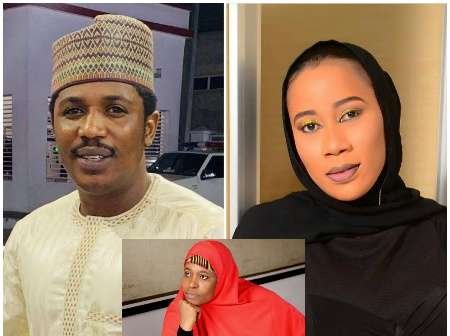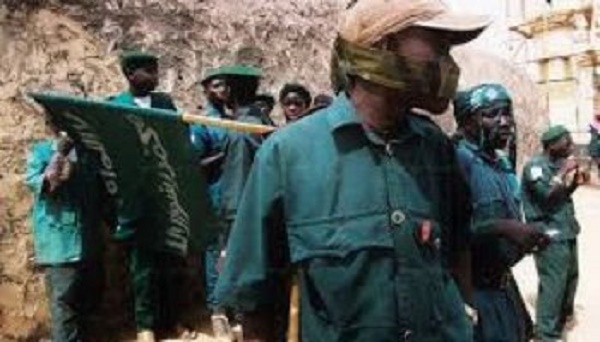The British Broadcasting Corporation has announced Nigerian activist and co-convener of the Bring Back Our Girls campaign, Aisha Yesufu, as one of its
The British Broadcasting Corporation has announced Nigerian activist and co-convener of the Bring Back Our Girls campaign, Aisha Yesufu, as one of its 100 inspiring and influential women from around the world for the year 2020.
According to the BBC, this year’s 100 Women list is a highlight of women who are change-makers striving to make a difference even as the world keeps experiencing chaos.
Yesufu was listed alongside Sanna Marin who leads Finland’s all-female coalition government, Michelle Yeoh, star of the new Avatar and Marvel films and Sarah Gilbert, who heads the Oxford University research into a coronavirus vaccine, as well as Jane Fonda, a climate activist and actress.
Aisha Yesufu, born on December 12, 1974, in Kano State, is a socio-political activist and co-convener of the Bring Back Our Girls Movement which was birthed consequent upon the abduction of over 200 girls, from a secondary school in Chibok, Borno State in April 2014 by Boko Haram insurgents.
Yesufu was also in the frontline of the End SARS protest, a movement to draw the world’s attention to police brutality, corruption and extortion. Her involvement earned her disdain among Kannywood actors, Zahradeen Sani and Zainab Abdullahi, who called on Northerners to attack her, labelling her an infidel. Similarly, for her role in the #Endsars movement, fellow Muslims and religious fanatics, most of who do not believe in protest to press home their demands, took to cursing her in Mosques.
The activist who was born to Edo parents has always fought for justice for women as developing and undeveloped nations tend to be tilted in the direction of patriarchal societies.
Yesufu has always emphasized on her childhood describing her fight to get quality education, how all her peers were married by the time she turned 11 and how her mates were almost grandmothers when she got married at the age of 24.


